About AGM
The Finest in Natural Stone Fabrication & Installation
Alexandria Granite & Marble LLC provides a quality product at a fair price with excellent customer service. As a manufacture of countertops made out of natural stone, we deliver the highest level of products, services and knowledge. Known for our custom craftsmanship, integrity and true professionalism, AGM focus is on the design, production and installation of kitchen countertops, bathroom vanity tops, table tops of any kind, fireplace, tub decks and surround.
AGM is part of a community in the DC Metropolitan Area (MD, DC, VA) where we pride ourselves on being safe and responsible, while delivering professional products and services. Our superior quality will consistently exceed your expectations. We always go above and beyond to maintain open communication with all parties involved on a project to ensure a successful completion.
Gallery
- All
- Kitchens
- Bathrooms
- Fireplaces
- Extra space
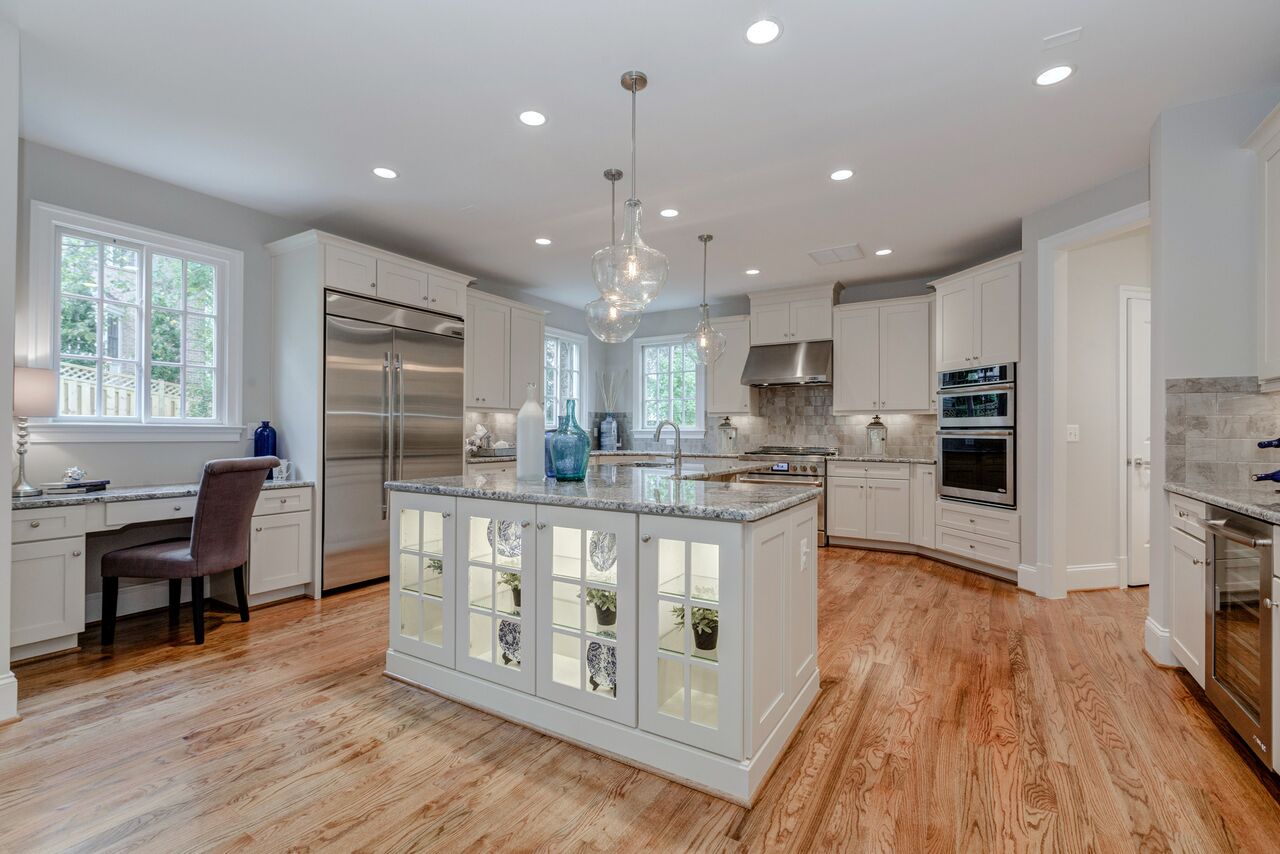
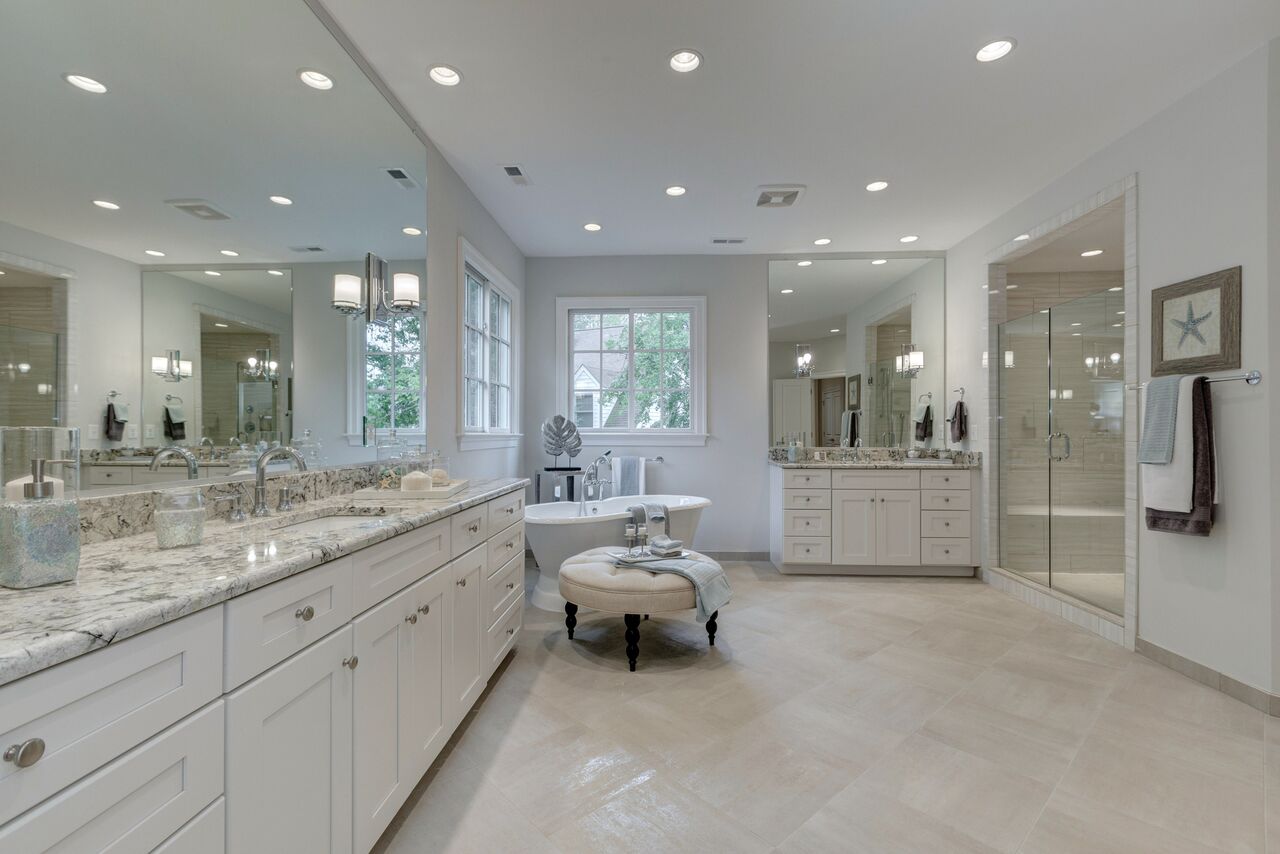
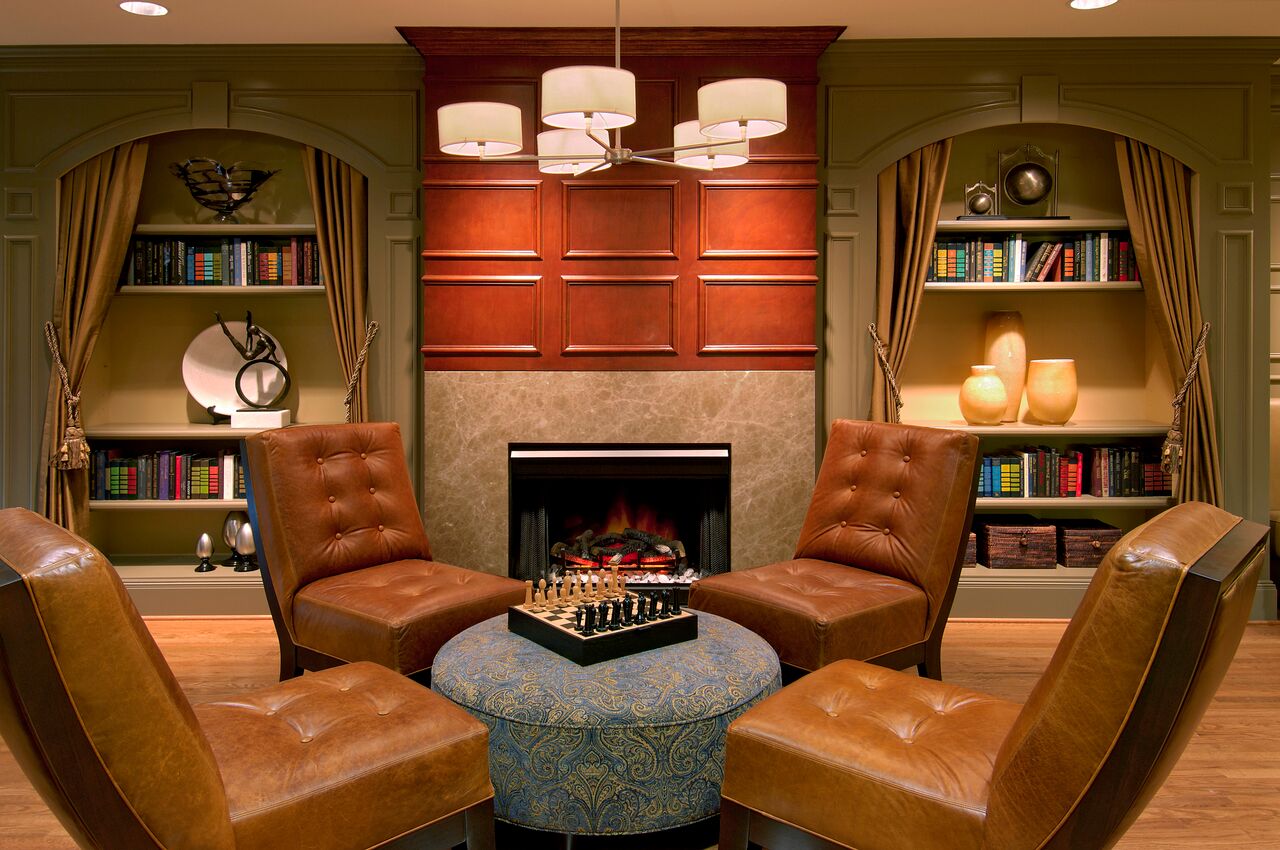
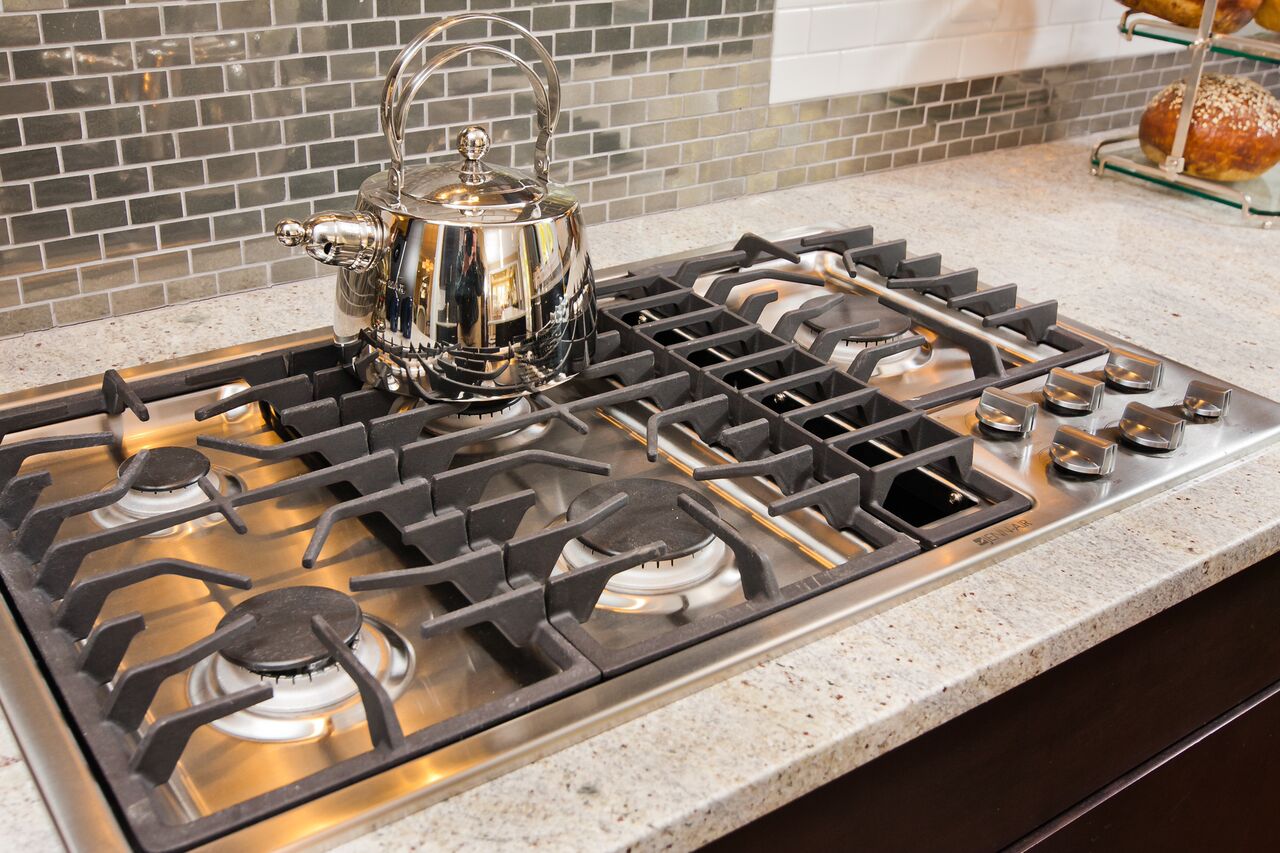
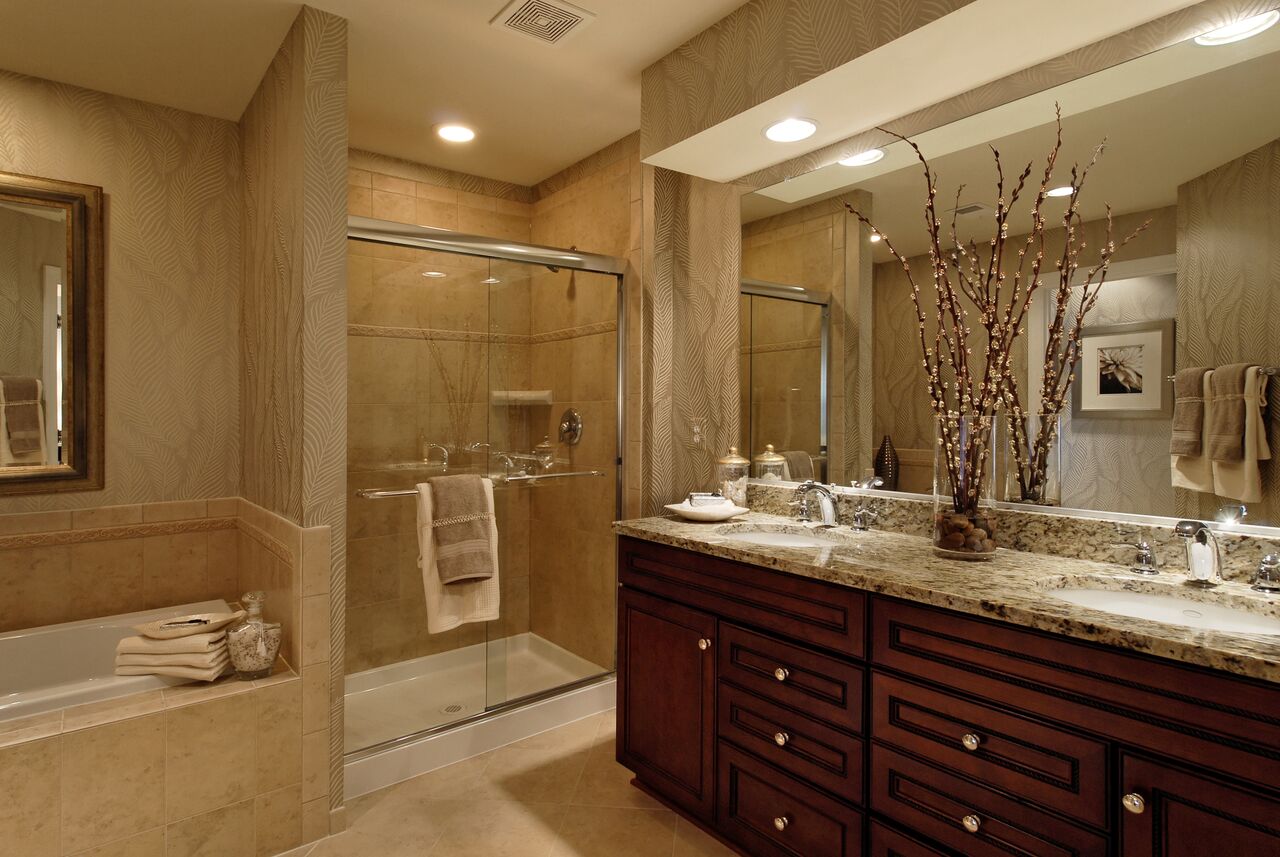
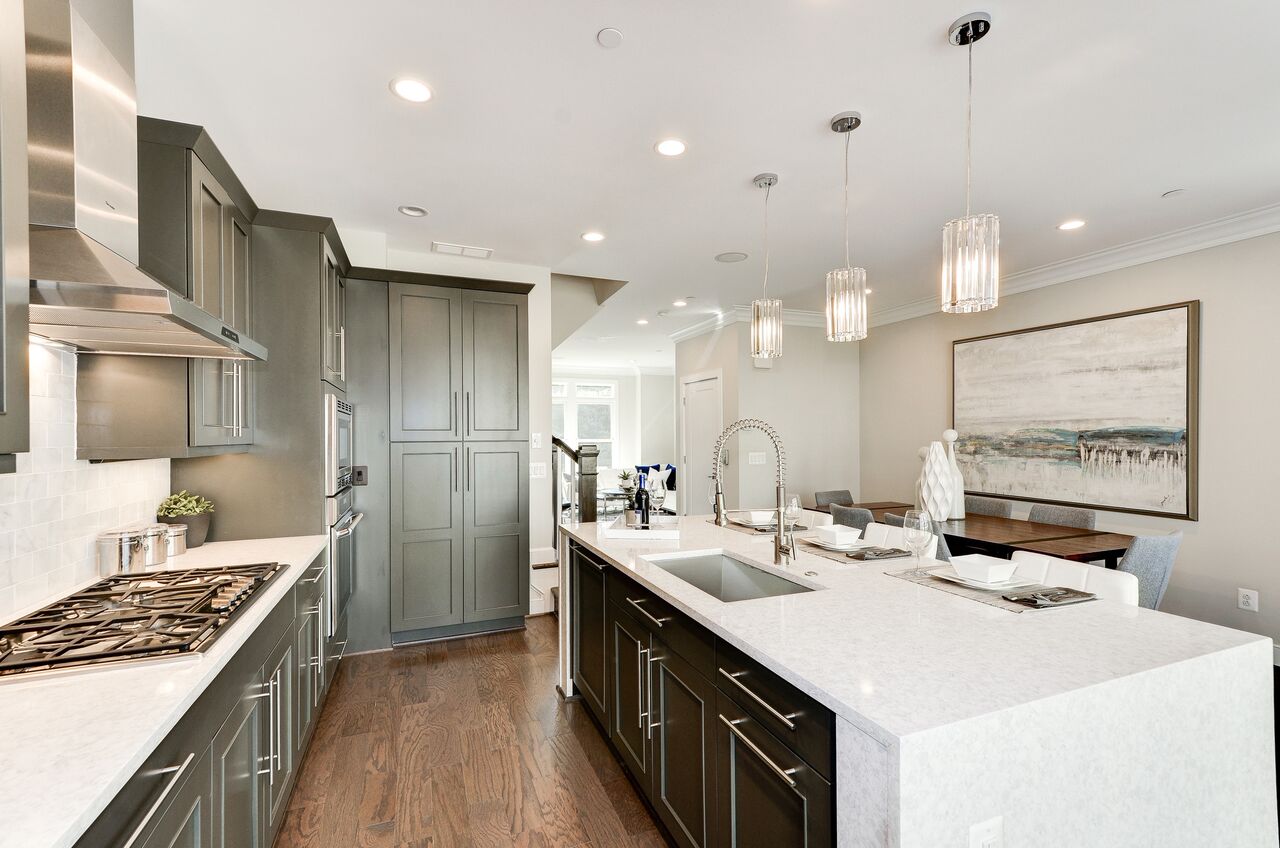
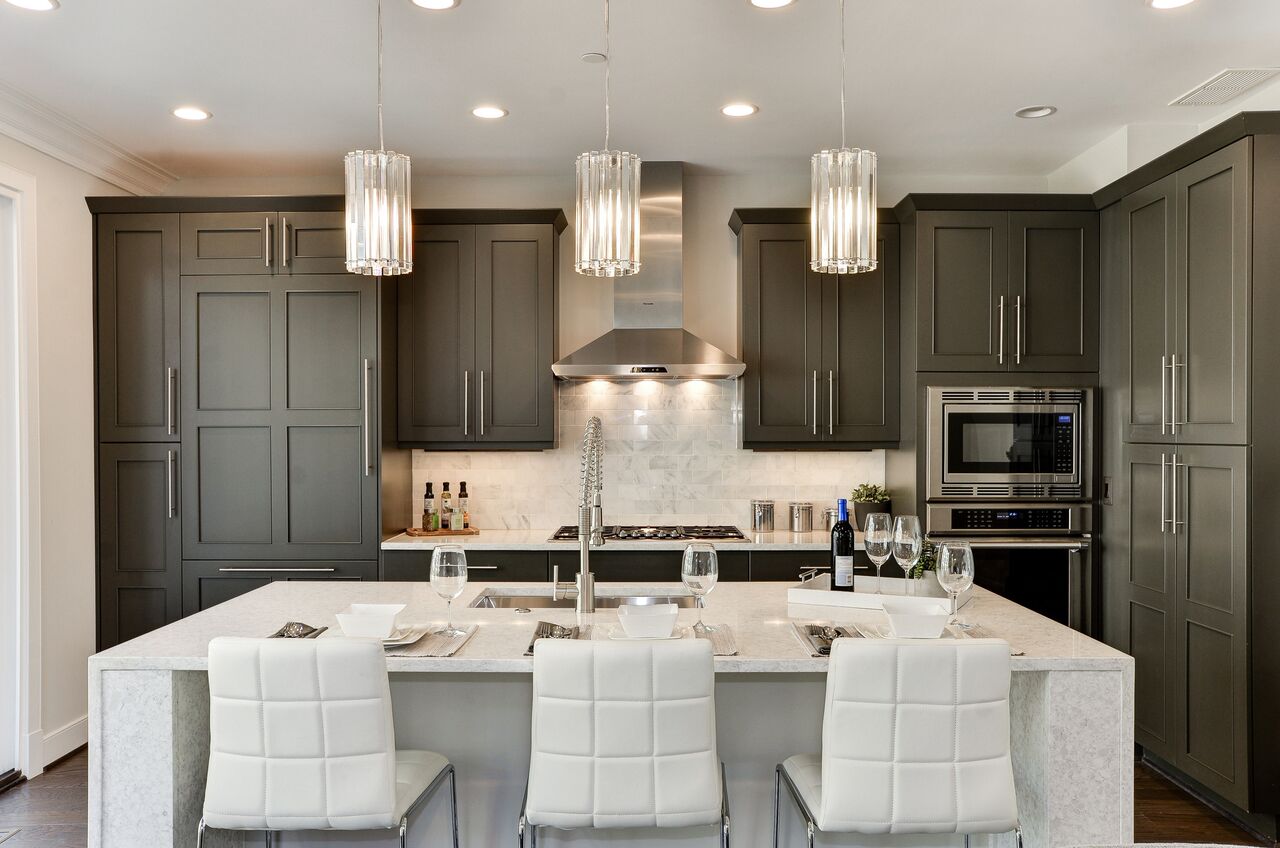
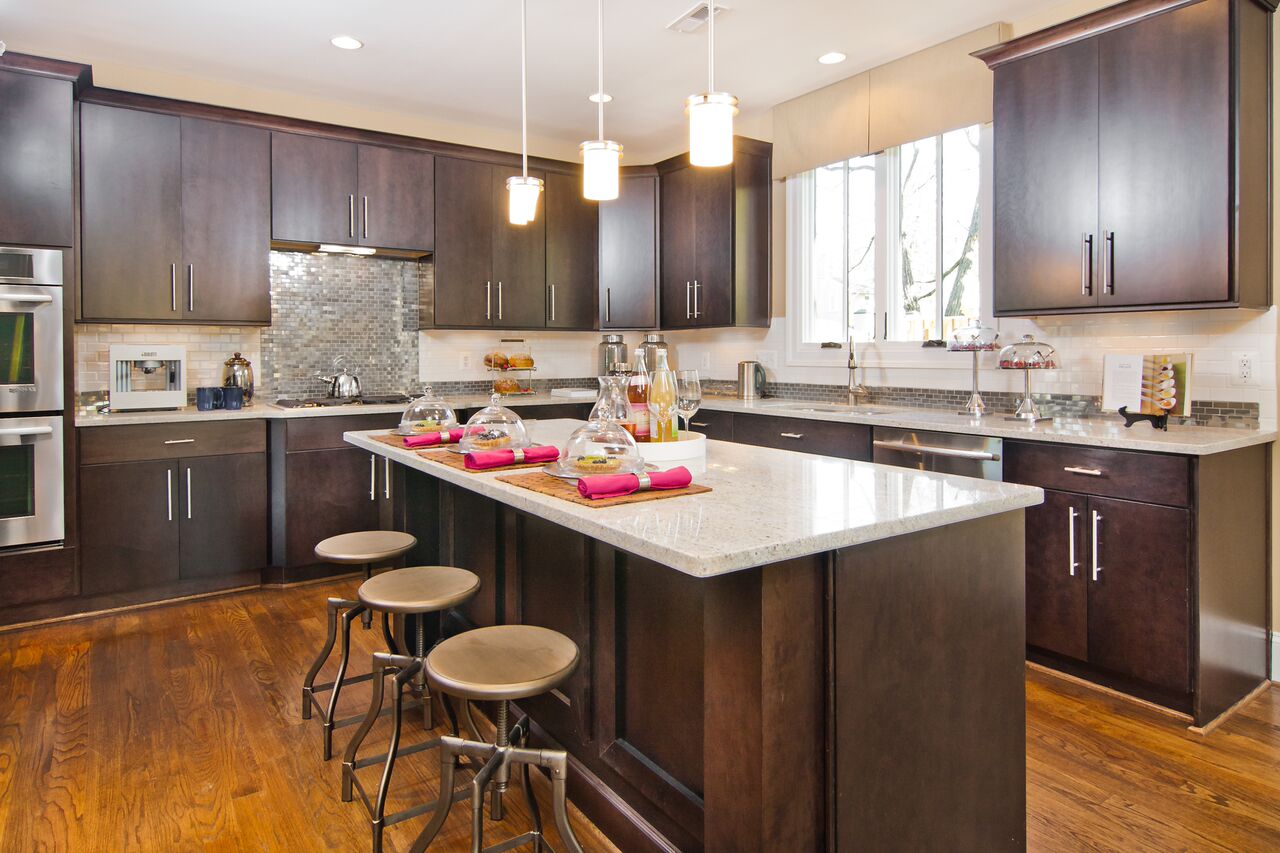
What We Do
Our services include templating, drafting, custom design by application, layout, production, flexible lead time and installation.
Commercial
Lobbies, Kitchenettes & BathroomsRestaurants
Lobbies, Bars & BathroomsResidential
Custom Work
Materials We Fabricate
The Finest in Natural Stone Fabrication & Installation
* Please contact us for customized estimates.
Frequently Asked Questions
What is marble?
Marble is a metamorphic rock that forms when limestone is subjected to the heat and pressure of metamorphism. It is composed primarily of the mineral calcite (CaCO3) and usually contains other minerals such as: clay minerals, micas, quartz, pyrite, iron oxides and graphite. Under the conditions of metamorphism the calcite in the limestone recrystallizes to form a rock that is a mass of interlocking calcite crystals. A related rock, dolomitic marble, is produced when dolostone is subjected to heat and pressure.
What is granite?
Granite is a very hard natural igneous rock formation of visibly crystalline texture formed of a variety of natural minerals, including quartz, tourmaline, topaz, garnet and titanite, contribute to granite’s crystalline appearance and stunning look.
What is the difference between granite & engineered stone?
Natural vs. Man-made
Granite is known to be a popular choice for high-end projects that require both durability and style. Granite is a type of natural stone that is formed when molten rock is forced between other layers deep in the earth’s crust. Engineered stone, on the other hand, is exactly that – engineered. It is manufactured in a facility and is comprised of about 95% natural stone (usually quartz) and 5% resin. Natural stone crystals are ground and blended together and then heated to create a solid surface.
Inconsistency and Consistency
Because it is created by the earth, granite may naturally include flaws and irregularities. Each piece of granite is a unique slice of nature, so slabs may vary in color, thickness and pattern. If you appreciate artwork, granite is a living breathing form of art you will have in your home or office.
If you’re looking for perfect consistency, engineered stone is the way to go. Engineered stone slabs can be designed and replicated to achieve a specific and consistent look.
Strength and Durability
Both granite and engineered stone are high quality, very durable and relatively easy to maintain. However, engineered stone is harder and heavier than granite and almost impossible to chip or fracture. Because of the natural divots and fissures in granite counters, they can be more prone to cracking. If you get your granite counters sealed, however, you won’t have to worry much about this issue.
Maintenance
Both engineered stone and granite are easy to clean – just wipe spills with a damp cloth and mild cleaner. Granite tends to be more porous and can stain, especially if acids, coloring agents or oils are involved. Engineered stone is completely non-porous, so it’s very resistant to staining.
Why choose Natural Stone over man-made material?
If you are thinking of Corian, Formica, porcelain, concrete or ceramic tile for your countertop, consider engineered or natural stone like granite instead. Natural and engineered stone is durable, long-lasting and color selection is generally far more extensive. Natural stone is not only affordable but its resilience proves cost effective over time. Other man-made materials may require periodic replacement and/or costly repairs. Because of its natural beauty consumers often prefer granite and marble, over man-made materials. Often, engineered products usually aim to mimic the color variations found in granite or marble, so why not just purchase natural stone.
Granite and Engineered stone are considered an ideal choice for kitchen countertops:
- It’s very easy to clean and maintain
- Granite & Engineered countertops increases the value of your home and provides timeless beauty
- Granite is virtually impervious to abrasions, stains, and extreme heat
- Liquids cannot penetrate engineered countertops and also granite countertops, if properly sealed
- Large variety of edge treatments that can be done to marble, granite and engineered countertops
- Natural & Engineered stone is more resistant to bacterial contamination
Does sealing the granite or marble prevent staining?
Granite and some marbles are a highly dense material and relatively porous so it can get stained if a spill is not cleaned quickly. Sealing the countertops surface with a water-based sealant is recommended to protect the granite and marble from water patches and some stains. Sealing can be done once a year or every two years depending on the usage of the surface. Sealing marble surfaces does not prevent etching from occurring.
Why does my sample look different than my counter top?
The samples you may receive from the vendors or the ones you see on the computer may not absolutely look the same due to the variations in the computer system, the monitors or software compression. The variations in the slab that the material was sampled from canalso make the sample differ from your countertop selection. Keep in mind that some samples may be of an old sample collection with the same name as the material you selected but your selection is from a newly quarried granite or marble. Marble & granite are natural stones created by the force of nature. They are composed of various minerals and are susceptible to wide variations in color, texture, spotting, veining and cracking. These variations are expected and are the source of its natural beauty.
Can I cut on my granite countertop or is it scratch resistant?
If you are using your countertop as a cutting surface, granite is a very hard surface and will dull your knives quickly. Even though granite is harder than your knife blade and can’t be scratched while using a knife, it is recommended that you cut & chop on a plastic or wooden cutting board.
What is etching the marble?
Etching is when acid in some form comes in contact with a polished marble or limestone surface. This is caused by a chemical reaction, which removes the polish, or roughens the surface of honed marble or limestone. Granite is impervious to any common household acids, it will not etch.
How much heat can be applied to my countertops?
Granite materials are actually igneous rock, which forms from a process of extreme heat and then cooling to create the hard and dense granite. Because of the way granite forms, it possesses a special resistance to damage from heat. Granite will not melt, even from direct flame applied to it. (Please note the fact that melting point of Granite is 2210° to 2300° F (1210° to 1260° C), whereas you cook your steak at around 350° to 450° F (177° to 232° C). You may feel further comfort about granite’s heat resistant properties when you know that Steel starts melting at 2498° F (1370° C).
Granite & Heat:
Granite will resist damage from heat. A hot pan up to 1,200 degrees Fahrenheit will not damage granite, even if you place the pan directly onto the granite counter. An extreme heat source over an extended period could damage granite surface. The damage that might occur would involve a slight softening of the granite, which could lead to discoloration or gouges in an extreme scenario.
Normal kitchen tasks that involve baking in the oven and cooking on the stovetop will not produce pots or pans that are hot enough to damage granite; however the hot pots might take off the coat of the sealant from the surface making it vulnerable for future stains.
Marble & Heat:
We recommend no direct heat on marble surfaces. If you can avoid it, avoid putting hot pans or other heat-producing kitchen appliances directly on your marble countertop. You should always use a holder or a place mat where hot pans can be placed over. Heat can expand the marble pores and open them, making the surface absorbent to liquids that can stain it. Also, the metal and grits in the hot pans and kitchen appliances can scratch your marble surface when they are placed on it or dragged over it. Another consideration with marble countertops in this regard is that it is much softer than granite and more prone to scratching if you are setting and sliding pots and pans around. You can usually put hot pans on marble without severe damage, however it can discolor ALL stone and stone products like quartz can experience "thermal shock" from extreme temperature potentially causing cracks. The inner core can remain the same and undisturbed, but the surface can form unwanted patterns, fissures or be left with scars and flakes up.
What is the difference between “honed” and “polished” surface?
“Honed” and “Polished” refer to the finish of the marble, granite or engineered surface. The finish of honed will range from flat to a low sheen gloss, which gives the stone a softer look. Polished refers to the surface being glossy, high reflective appearance, giving it a smooth sleek look.
What is the best way to clean marble and granite?
We at AGM recommend that you avoid using powdered cleaners or abrasive pads to clean your stone. Never use anything you wouldn’t use on your hands. Do not use bleach based products, it will dull your surface shine over time. Even "soft scrub" type cleaners contain pumice, which is powdered volcanic stone, and might damage your stone countertops or floors. Never use any product which is acidic; this includes substances like ammonia or many common liquid cleaners. If you have marble avoid any acidic products. Also avoid using the same pot and dish cloth cleaner on your stone tops. The oils from the sponge that gets trapped from the greasy pots and dishes will absorb into your stone leaving stains on your surface.
Alexandria Granite & Marble
2760 Duke Street, Alexandria, VA 22314Phone: (703) 212-8200
